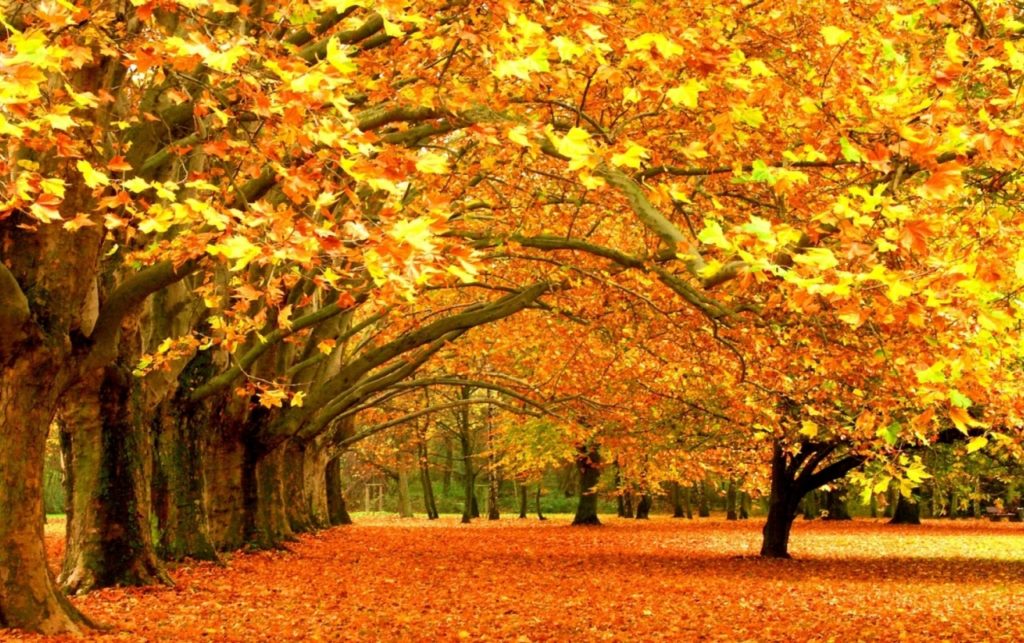Webinar will be held in Polish language, but the recording from it will be translated to English and avaiable after the event
The imagination of urban and landscape designers and architects has been captured by the idea that we read spaces as we read books. However, we have been witnessing a paradigm shift in the cultural world: we are moving from semiotics towards perception and landscapes are becoming sensescapes. Contemporary cities don’t always enable us a multimodal experience of space, they are not always designed with human scale in mind, they don’t always consider our biological and psychological needs. What is the ultimate meaning of human-centred spaces? Is it that in future urban and architectural decisions could be influenced by interdisciplinary teams including specialists who understand the complexity of human perception and cognition?
Sensing Our City is organized to discuss some of the topics around how people experience space and how it affects their attitudes, behaviours, health and wellbeing.
Speakers:
- Dr Agnieszka Olszewska-Guizzo (NeuroLandscape, National University of Singapore)
- Michal Matlon (The LivingCore)
- Asst. Prof. Dr. Karolina M. Zielinska-Dabkowska (Gdańsk University of Technology)
- Dominika Sadowska (Divercity+)
- Beata Patuszyńska (City for Children)
- Anna Kotowska (Jaz+Architekci)
- Magda Gawron (Proptech Foundation)
- Waldemar Olbryk (Echo Investment SA)
- Anna Petroff-Skiba (Warsaw City Hall)
- Przemyslaw Zakrzewski (ABB)
- Karolina Konecka (ARCATURE SA)
- Joanna Erbel ('Blisko' Foundation, Warsaw City Hall)
- Nour Tawil (Max Planck Institute for Human Development)
- Davide Ruzzon (TUNED Lombardini22)
Organizers and partners: The Centre for Conscious Design, Impronta, NeuroLandscape,
More information: https://theccd.org/event/sensing-our-city-conscious-warsaw-webinar/



